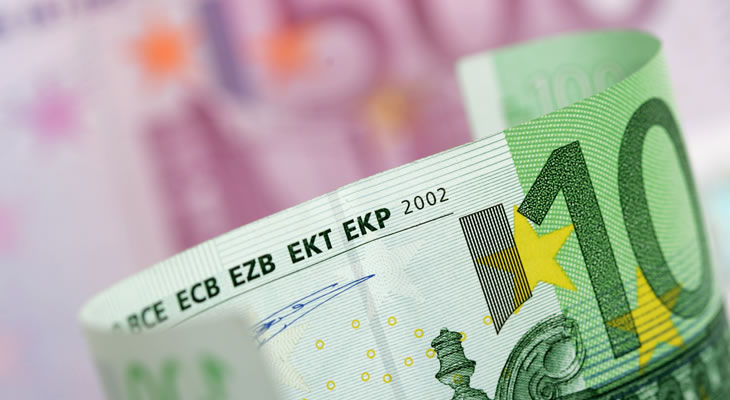Demand for the Euro weakened dramatically in the wake of the German election results, with markets spooked even as Chancellor Angela Merkel secured the largest share of the votes.
The significant inroads made by the far-right proved discouraging for investors, as the Eurosceptic, anti-immigrant AfD party gained seats in the Bundestag for the first time.
As Merkel’s CDU lost some of its share of the vote Germany now faces a degree of uncertainty as talks to create a fresh coalition government get underway.
Even so, as Alia Mihr, analyst at Danske Bank, noted:
‘The election result means that we will probably enter a period of heightened political uncertainty in Germany over the coming weeks as coalition talks drag on. However, we expect that a solution on a government formation under Merkel as Chancellor will eventually be found before the end of the year. Hence, we believe that any adverse market reaction will be short-lived given the high degree of policy continuity under a CDU-led coalition and the AfD’s political isolation in parliament.’
This still left the Euro Pound exchange rate on a sharp downtrend at the start of the week, though, in spite of the Brexit-based uncertainty that continues to hang over the UK outlook.
Confidence in the single currency was further undermined as the latest German IFO business sentiment surveys showed an unexpected dip in September.
As this weaker showing suggests that the Eurozone’s powerhouse economy is in an altogether less optimistic mood EUR exchange rates came under additional pressure.
Commentary from European Central Bank (ECB) policymakers will remain in focus in the coming days, with markets still hoping to see some signs that the central bank is moving towards tapering its quantitative easing program.
BoE Rate Hike Hopes Continue to Support Pound Demand
In the wake of Theresa May’s Florence speech markets are still lacking any satisfactory clarity on the subject of Brexit.
However, this failed to keep the Pound on a downtrend on Monday as the Pound’s recent weakness encouraged investors to pile back into GBP exchange rates.
While hopes are not all that high for the latest round of Brexit negotiations the downside potential of Sterling is somewhat limited at this juncture, particularly as the odds of a 2017 Bank of England (BoE) interest rate hike remain elevated.
As a result investors will pay close attention to the latest comments from BoE policymakers this week, looking for any further signs that an imminent rate hike is on the cards.
Focus will also fall on Friday’s finalised second quarter UK gross domestic product report, which is expected to confirm a modest uptick in growth on the quarter.
If there are any revisions to the GDP data this could provoke fresh volatility for the EUR GBP exchange rate, particularly if signs point towards a weaker level of domestic growth.


Comments are closed.